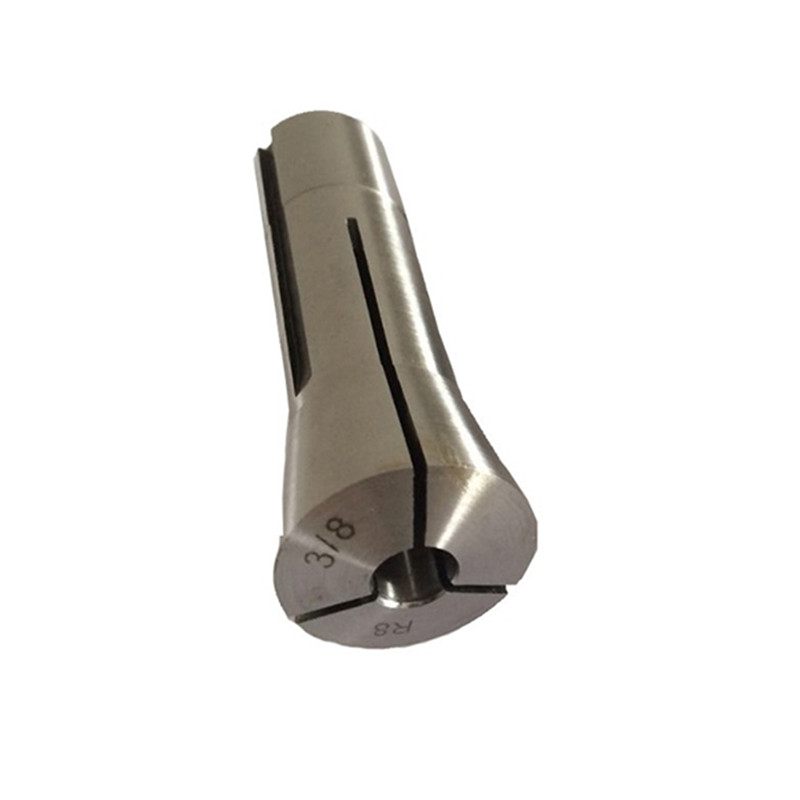point micrometer Supplier
Selecting the right point micrometer supplier is crucial for ensuring accuracy and efficiency in your precision measurement tasks. This article provides a detailed overview of factors to consider when choosing a supplier, including product range, calibration services, customer support, and competitive pricing, to help you make an informed decision and acquire the ideal instrument for your specific needs.
Understanding Point Micrometers and Their Applications
Point micrometers, also known as pointed micrometers, are specialized measuring instruments used for precise measurements in hard-to-reach areas or on curved surfaces. Unlike standard micrometers with flat anvils, point micrometers feature a conical or pointed anvil and spindle, allowing them to accurately measure the thickness of materials within grooves, recesses, or on the edges of complex shapes.
Common Applications of Point Micrometers
- Measuring the web thickness of drills and taps
- Determining the groove width in machined parts
- Checking the wall thickness of tubing and pipes
- Measuring the distance between small features on printed circuit boards
- Inspecting the dimensions of intricate molds and dies
Key Considerations When Choosing a Point Micrometer Supplier
Selecting a reliable point micrometer supplier is essential for ensuring the quality, accuracy, and longevity of your measuring instruments. Here are several key factors to consider:
1. Product Range and Specifications
A reputable supplier should offer a comprehensive range of point micrometers with varying specifications to suit different measurement needs. Consider the following aspects:
- Measuring Range: Ensure the micrometer's range is appropriate for your typical measurement tasks.
- Accuracy and Resolution: Look for micrometers with high accuracy (e.g., ±0.0001 inch) and resolution (e.g., 0.00005 inch) for precise measurements.
- Point Angle and Geometry: Choose the point angle and geometry that best matches the features you need to measure. Common point angles include 30°, 60°, and 90°.
- Digital vs. Analog: Decide whether you prefer the ease of reading a digital display or the simplicity of an analog scale. Digital micrometers often offer features like data output and tolerance setting.
- Material and Construction: Opt for micrometers made from durable materials like hardened steel or carbide for long-lasting performance.
2. Calibration and Certification
Calibration is crucial for ensuring the accuracy and reliability of your point micrometer. Inquire about the supplier's calibration services and certifications.
- Traceability: Ensure that the supplier's calibration procedures are traceable to national or international standards, such as NIST (National Institute of Standards and Technology).
- Calibration Certificates: Ask for calibration certificates that document the micrometer's accuracy and conformance to specifications.
- Recalibration Services: Determine if the supplier offers recalibration services to maintain the micrometer's accuracy over time. Regular recalibration is recommended, typically every 6 to 12 months, depending on usage.
3. Customer Support and Service
Reliable customer support is essential for addressing any questions or issues you may encounter. A good point micrometer supplier should offer:
- Technical Expertise: Knowledgeable staff who can assist you in selecting the right micrometer for your application.
- Prompt Response Times: Quick and efficient responses to your inquiries.
- Warranty and Repair Services: Clear warranty terms and readily available repair services.
4. Price and Value
While price is an important consideration, it shouldn't be the sole determining factor. Consider the overall value offered by the supplier, including product quality, accuracy, calibration services, and customer support. Comparing prices from multiple suppliers is recommended.
5. Supplier Reputation and Experience
Choose a supplier with a proven track record of providing high-quality point micrometers and excellent customer service. Look for:
- Years in Business: A supplier with many years of experience is likely to have a deep understanding of the industry and a commitment to customer satisfaction.
- Customer Reviews and Testimonials: Check online reviews and testimonials to get an idea of the supplier's reputation.
- Industry Partnerships: Look for suppliers that partner with reputable manufacturers or organizations in the measurement and metrology industry.
Top Point Micrometer Suppliers (Considerations for Listing)
While specific supplier recommendations are constantly evolving, here are some general approaches for finding reputable suppliers:
- Online Directories: Utilize online directories such as ThomasNet or IndustryNet to search for point micrometer suppliers.
- Industry Trade Shows: Attend industry trade shows to meet with suppliers and see their products firsthand.
- Referrals: Ask colleagues or industry contacts for recommendations.
When evaluating potential suppliers, always prioritize those who can demonstrate a commitment to quality, accuracy, and customer satisfaction. You may want to consider Wayleading Tools for your precision measurement needs, a provider dedicated to offering high-quality measuring tools and instruments.
Comparing Point Micrometer Features: A Sample Table
The following table illustrates a hypothetical comparison of features across different point micrometers. Actual specifications will vary depending on the manufacturer and model.
| Feature | Micrometer A | Micrometer B | Micrometer C |
|---|---|---|---|
| Measuring Range | 0-1 inch | 0-25 mm | 0-50 mm |
| Accuracy | ±0.0001 inch | ±0.002 mm | ±0.003 mm |
| Resolution | 0.00005 inch | 0.001 mm | 0.001 mm |
| Display | Digital | Analog | Digital |
| Material | Hardened Steel | Carbide | Hardened Steel |
Disclaimer: Always refer to the manufacturer's specifications for accurate product information.
Conclusion
Choosing the right point micrometer supplier involves careful consideration of several factors, including product range, calibration services, customer support, and price. By following the guidelines outlined in this article, you can make an informed decision and select a supplier who can provide you with the accurate and reliable measuring instruments you need.
Related products
Related products
Best selling products
Best selling products-
 25PCS DIN338 HSS Twist Drill Bit Set From 1-13mm
25PCS DIN338 HSS Twist Drill Bit Set From 1-13mm -
 Precision V Block Set With High Quality Type
Precision V Block Set With High Quality Type -
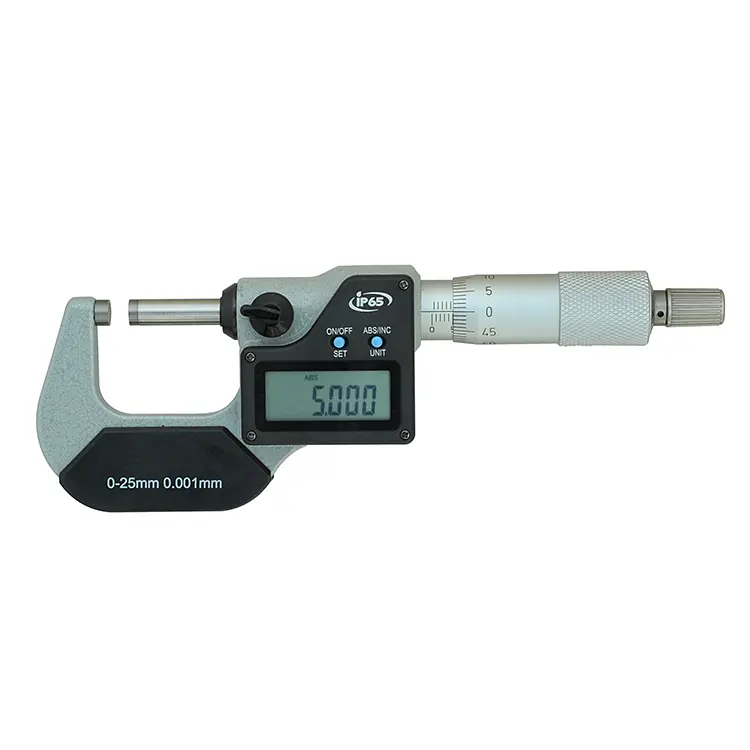 Precision IP65 Digital Outside Micrometer Of Inch & Metric With Data Output
Precision IP65 Digital Outside Micrometer Of Inch & Metric With Data Output -
 Depth Vernier Gauge With Stainless Steel And Monoblock Depth Type
Depth Vernier Gauge With Stainless Steel And Monoblock Depth Type -
 Type K-90 Degree Cone Tungsten Carbide Rotary Burr
Type K-90 Degree Cone Tungsten Carbide Rotary Burr -
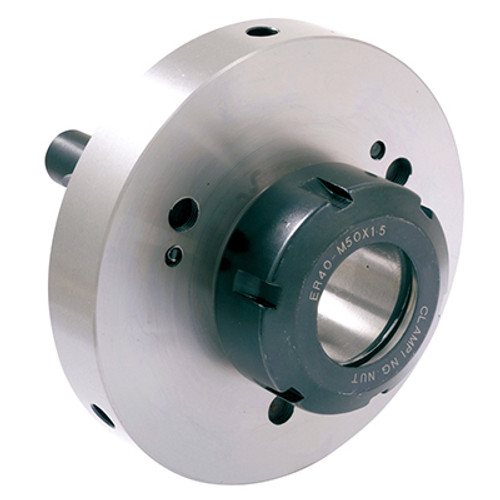 Camlock ER Collet Fixture With Lathe Collet Chuck
Camlock ER Collet Fixture With Lathe Collet Chuck -
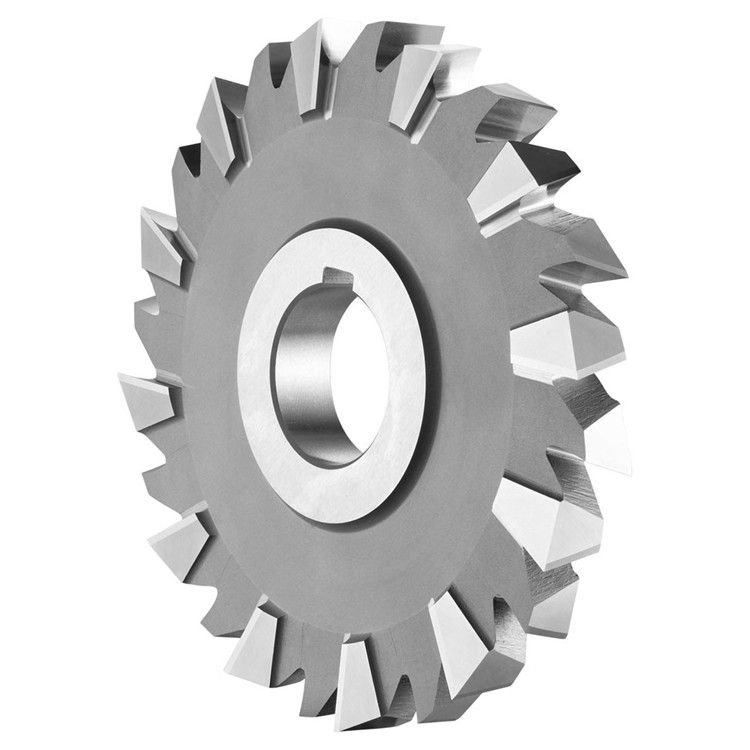 HSS Metric Side Milling Cutter With Bright Or TiN And TiAlN Coated
HSS Metric Side Milling Cutter With Bright Or TiN And TiAlN Coated -
 R8 Hex Collet With Inch and Metric Size
R8 Hex Collet With Inch and Metric Size -
 Precision Vernier Caliper Of Metric & Imperial For Industrial
Precision Vernier Caliper Of Metric & Imperial For Industrial -
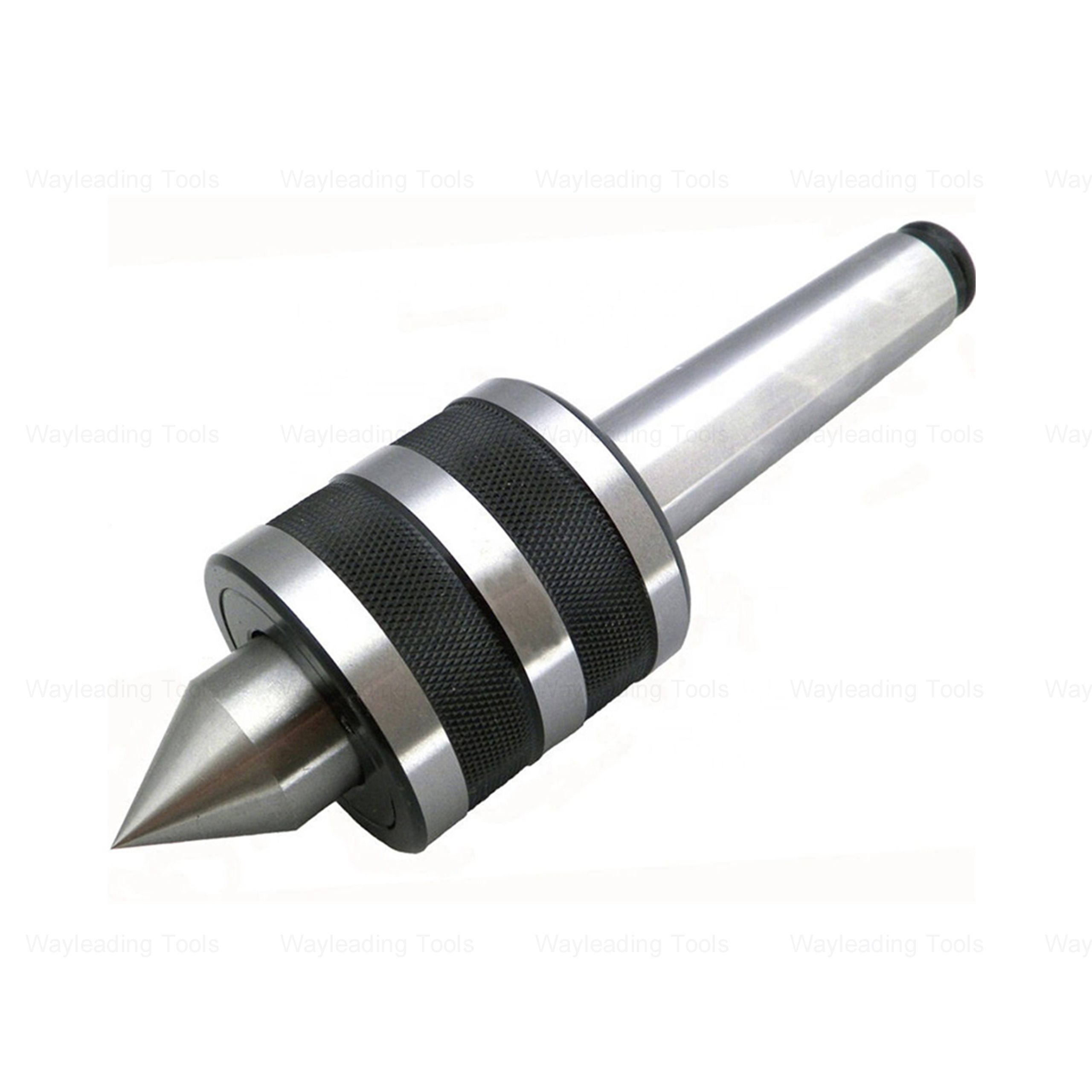 High Precision Medium-Duty Live Center – Hardened Tip, Morse Taper Shank
High Precision Medium-Duty Live Center – Hardened Tip, Morse Taper Shank -
 Precision V Block And Clamps Set With Heavy Duty
Precision V Block And Clamps Set With Heavy Duty -
 HSS Inch Convex Milling Cutter For Industrial
HSS Inch Convex Milling Cutter For Industrial


